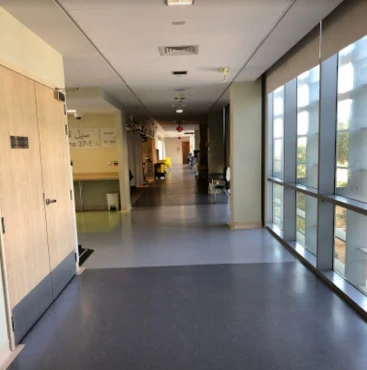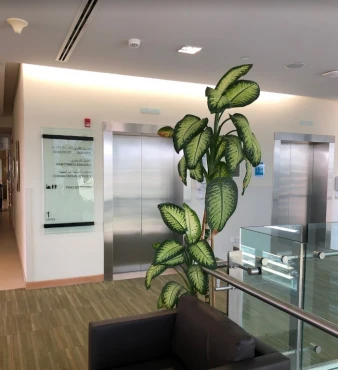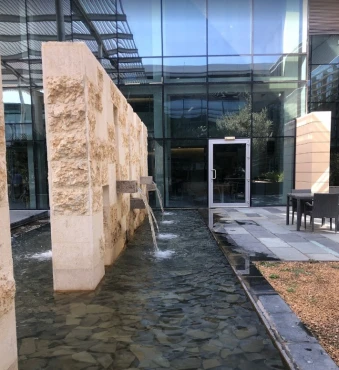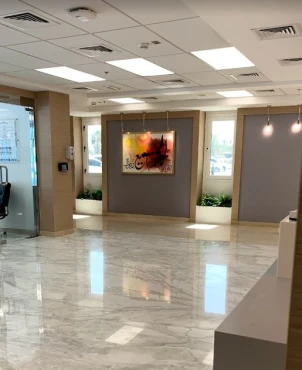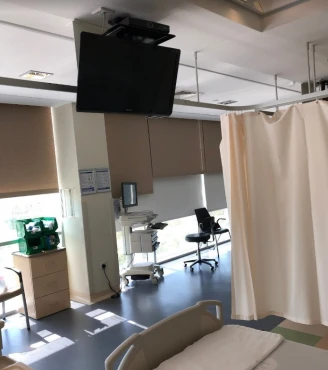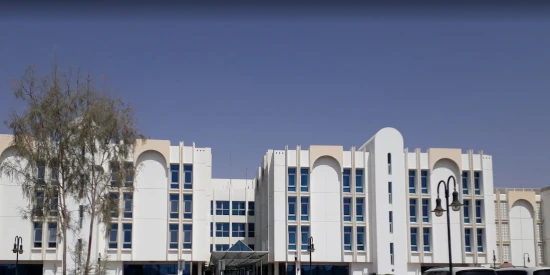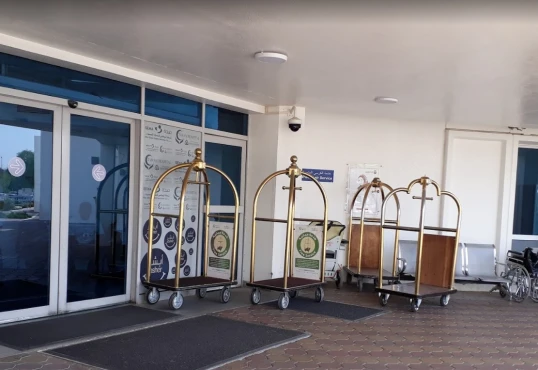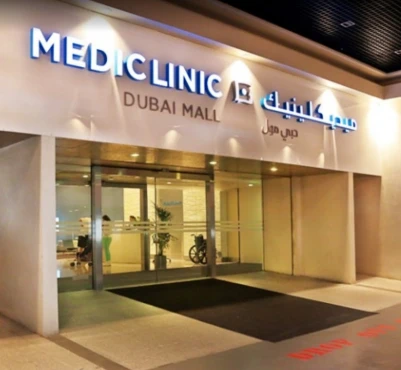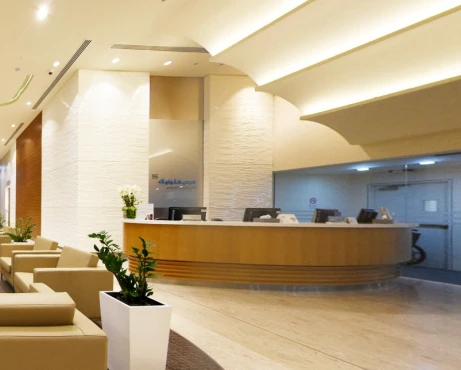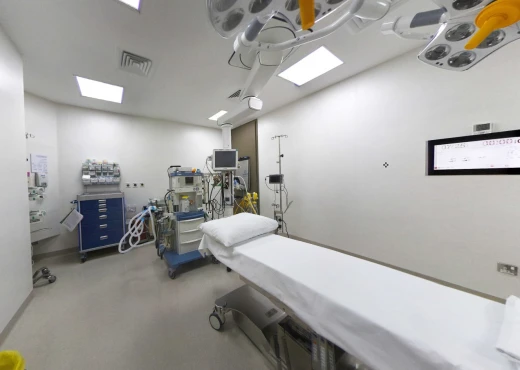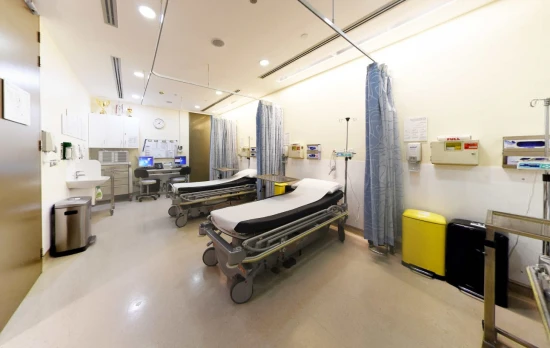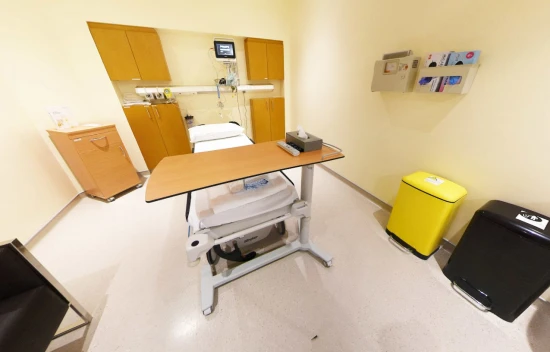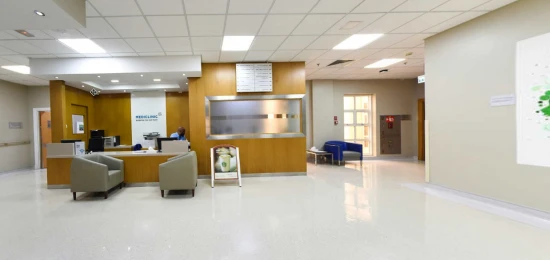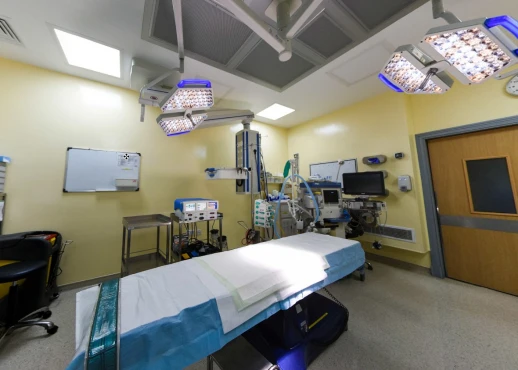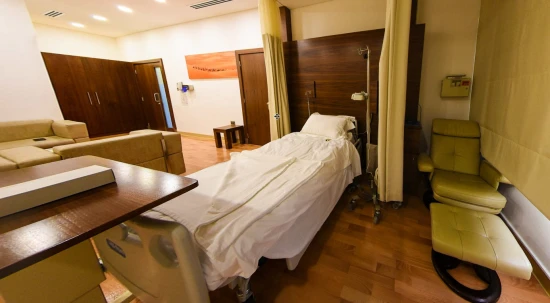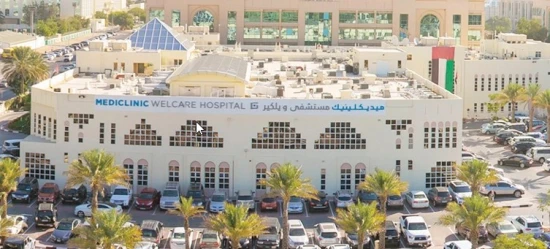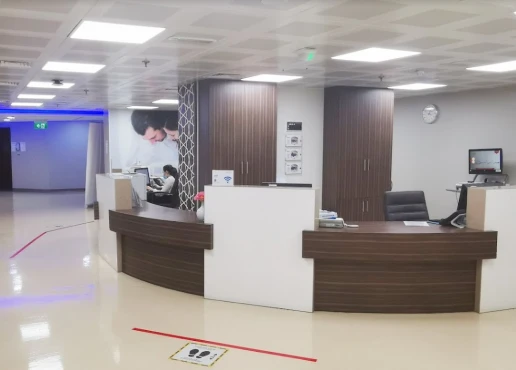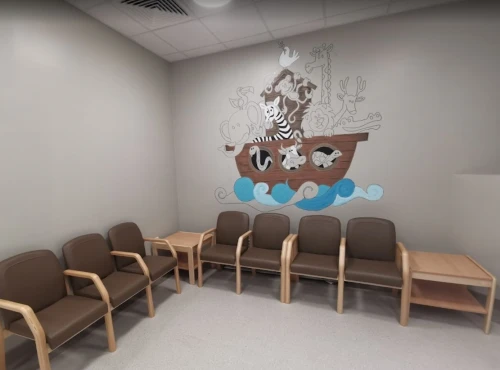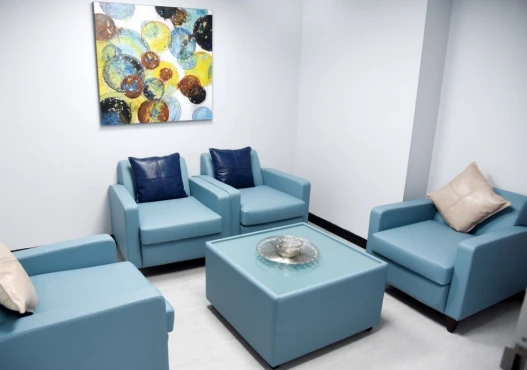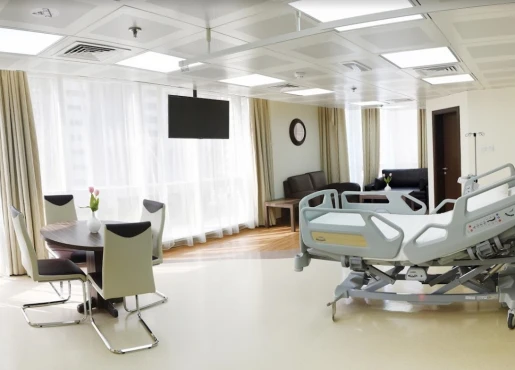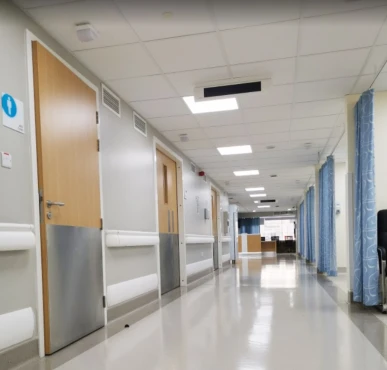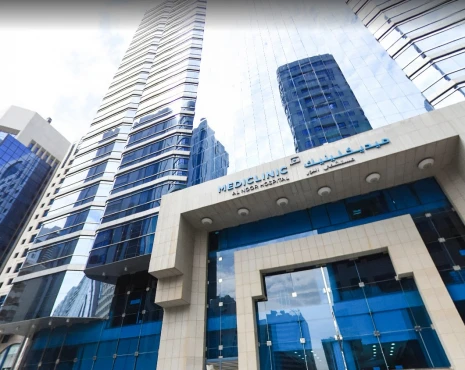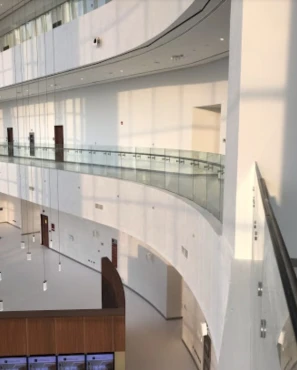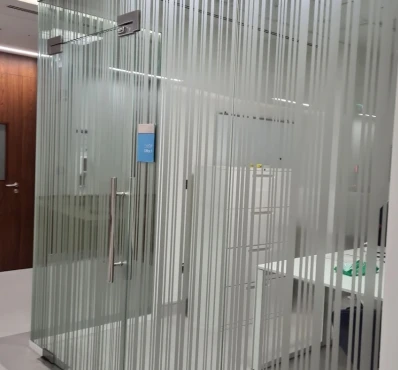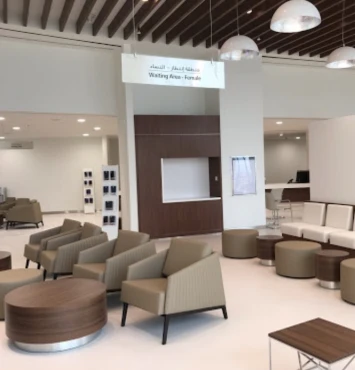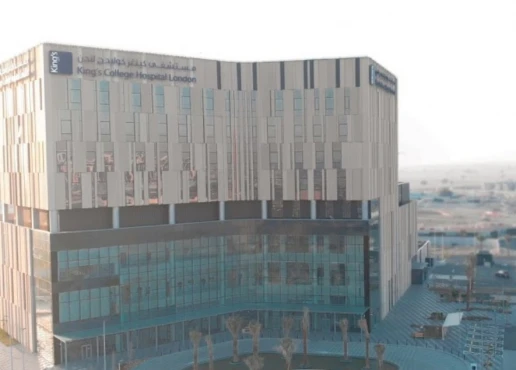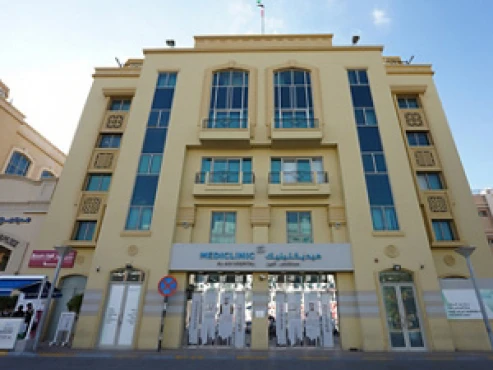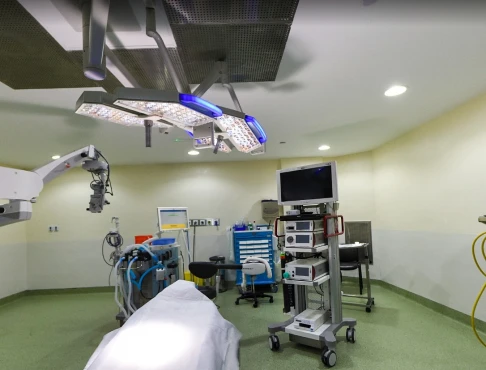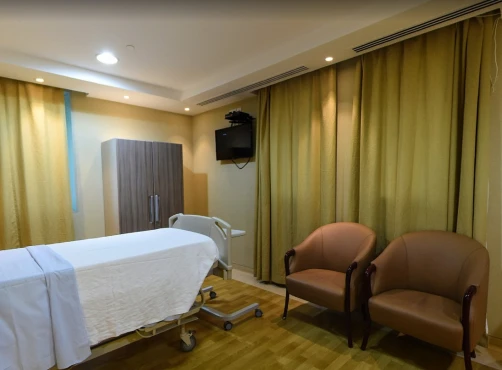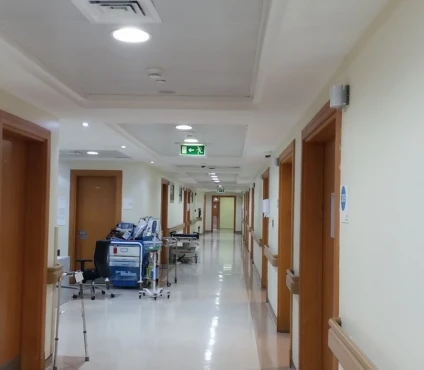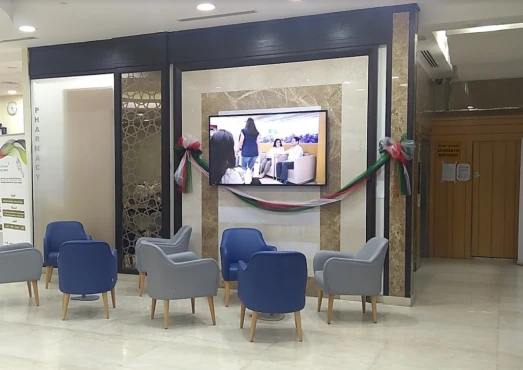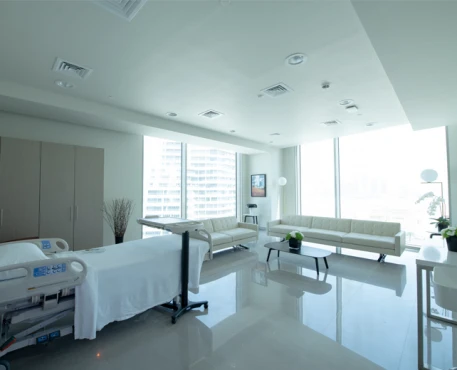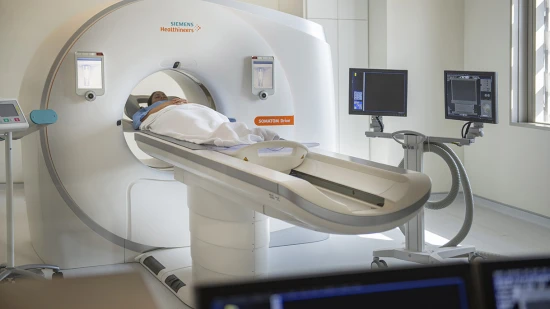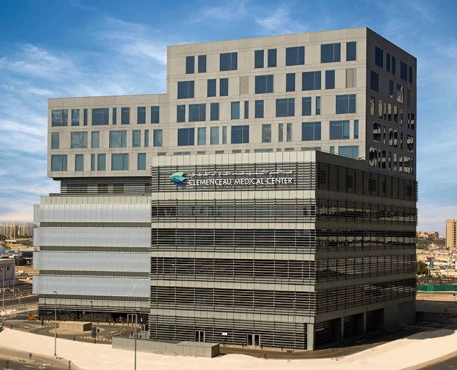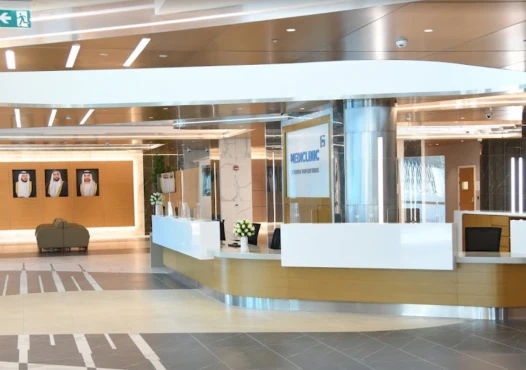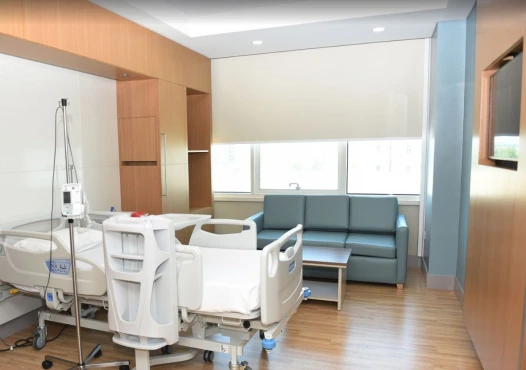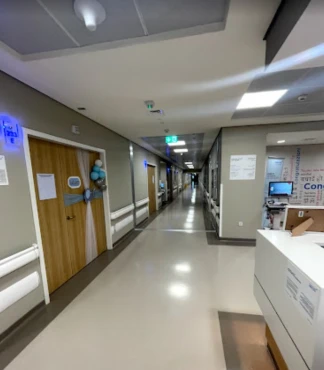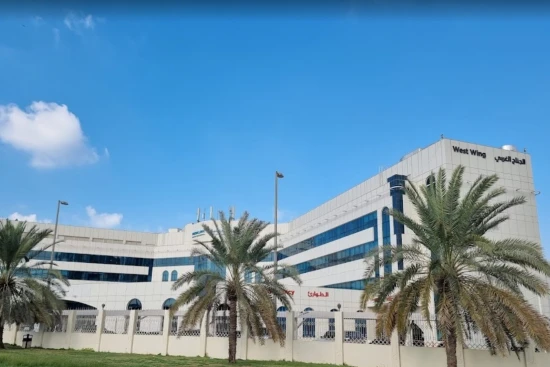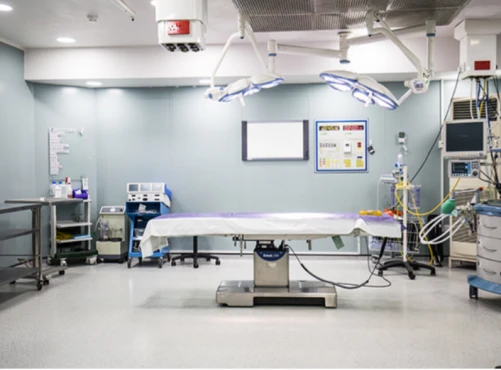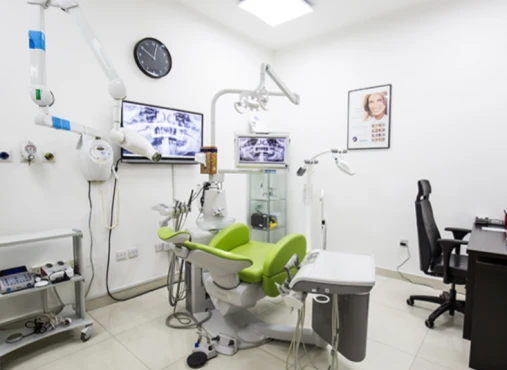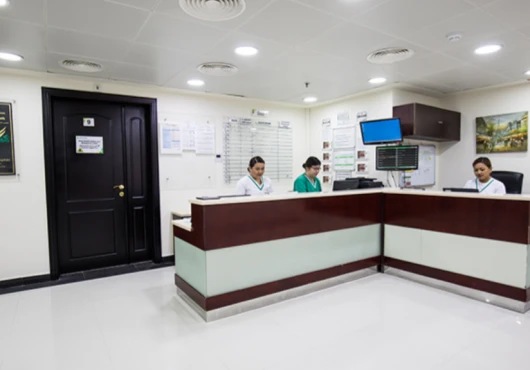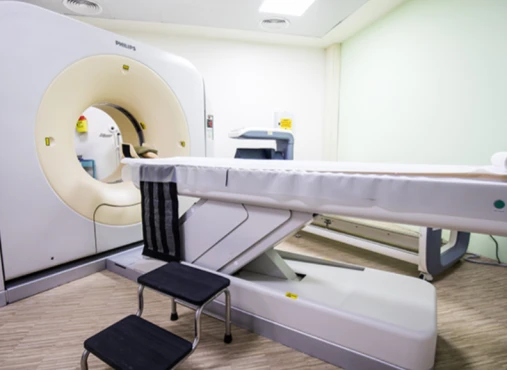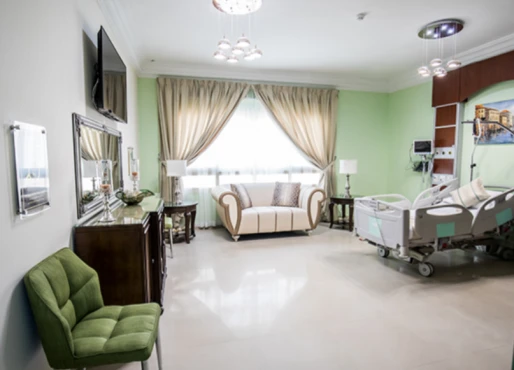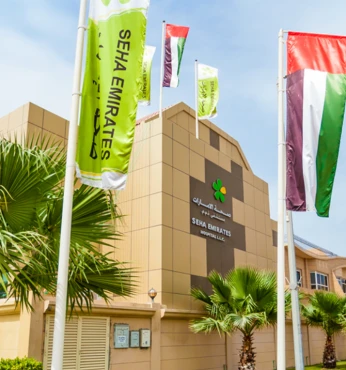Epilepsy treatment in 9 Neurosurgery and Oncology clinics in United Arab Emirates
9 clinics specializing in Neurosurgery and Oncology providing treatment of
Epilepsy
Epilepsy is a neurological disorder characterized by recurrent and unpredictable seizures. It can cause disruptions in daily life, but with proper treatment, many people can manage and control their seizures effectively.
Read more...
disease in United Arab Emirates.
Sorted by:
Relevance
Rating
Relevance
Prices for popular procedures:
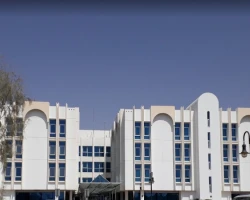
Al Ain, United Arab Emirates
Specializations: Vascular surgery, Thoracic surgery, Neurosurgery, Spine surgery, Orthopedic surgery, Oncology
Welcome to Tawam Hospital, where you will find a wealth of services, treatments and programs that cater to your healthcare and wellbeing needs. Since our
read more
Prices for popular procedures:
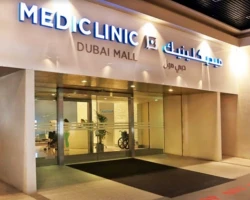
Dubai, United Arab Emirates
Specializations: Cardiac surgery, Vascular surgery, Neurosurgery, Spine surgery, Orthopedic surgery, Oncology
Languages: English, French, Arabic
Mediclinic Dubai Mall is Dubai’s largest ambulatory care medical centre. Located in The Dubai Mall, the world’s largest shopping complex, Mediclinic Dubai Mall covers over
read more
Prices for popular procedures:
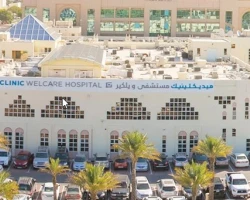
Dubai, United Arab Emirates
Specializations: Cardiac surgery, Vascular surgery, Neurosurgery, Spine surgery, Orthopedic surgery, Oncology
Languages: English
Inaugurated in 1998, Mediclinic Welcare Hospital is one of Dubai’s most established healthcare facilities. Its patients’ health, wellbeing, safety, comfort and convenience are at the
read more
Prices for popular procedures:
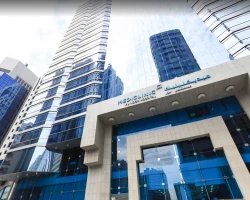
Abu Dhabi, United Arab Emirates
Specializations: Cardiac surgery, Vascular surgery, Thoracic surgery, Neurosurgery, Spine surgery, Orthopedic surgery, Oncology
Languages: Dutch, English, Hindi, Swedish
Mediclinic Al Noor Hospital is situated on Khalifa Street in the central business district of Abu Dhabi. The hospital, which started as a small polyclinic
read more
Prices for popular procedures:
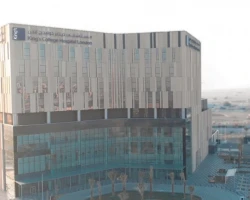
Dubai, United Arab Emirates
Specializations: Cardiac surgery, Vascular surgery, Thoracic surgery, Neurosurgery, Spine surgery, Orthopedic surgery, Oncology
Languages: English
King’s College Hospital Dubai has been established to provide for the healthcare needs of the whole family and, whether your medical problem is simple or
read more
Prices for popular procedures:
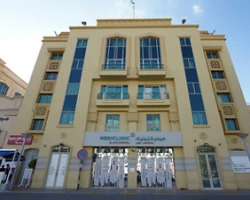
Al Ain, United Arab Emirates
Specializations: Cardiac surgery, Vascular surgery, Neurosurgery, Spine surgery, Orthopedic surgery, Oncology
Languages: English, Arabic
Mediclinic Al Ain Hospital is conveniently located in the heart of Al Ain city. The hospital offers a wide range of medical and surgical inpatient
read more
Prices for popular procedures:
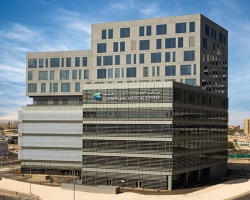
Dubai, United Arab Emirates
Specializations: Cardiac surgery, Vascular surgery, Thoracic surgery, Neurosurgery, Spine surgery, Orthopedic surgery, Oncology
Languages: English, French, Persian
At Clemenceau Medical Center in Dubai, we are passionate about our mission to deliver healthcare services to patients that go above and beyond anything they’ve
read more
Prices for popular procedures:
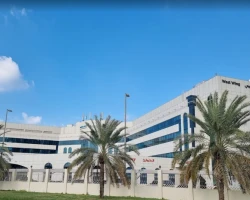
Abu Dhabi, United Arab Emirates
Specializations: Cardiac surgery, Vascular surgery, Thoracic surgery, Neurosurgery, Spine surgery, Orthopedic surgery, Oncology
Languages: English
Mediclinic Airport Road Hospital was established in 2008 and provides a wide range of inpatient and outpatient services including a 24-hour Emergency department. This Joint
read more
Prices for popular procedures:
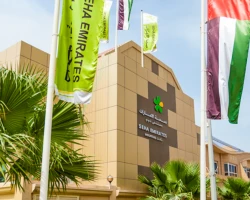
Abu Dhabi, United Arab Emirates
Specializations: Neurosurgery, Spine surgery, Orthopedic surgery, Oncology, Dentistry
Languages: English
Dublin Health Services launched Seha Emirates Hospital in February 2012 as a boutique hospital providing global services in order to provide quality & patient-oriented Inpatient
read more
Clinics grouping by rating
Clinic with the highest rating of 4.7 — Seha Emirates Hospital in Abu Dhabi, United Arab Emirates, clinic with the most reviews number of 4180 — King's College Hospital London, Dubai in Dubai, United Arab Emirates.
With rating 4.0 and over — 3 clinics .
Countries with the highest number of clinics treating the diseases:
Epilepsy:
worldwide
430 clinics
Brazil
34 clinics
India
33 clinics
Mexico
25 clinics
Germany
24 clinics
Colombia
23 clinics
Related procedures:
Procedures are likely to be used for Epilepsy treatment:
Deep brain stimulation (DBS),
Gamma Knife,
and
Transcranial magnetic stimulation (TMS) - per course
.
